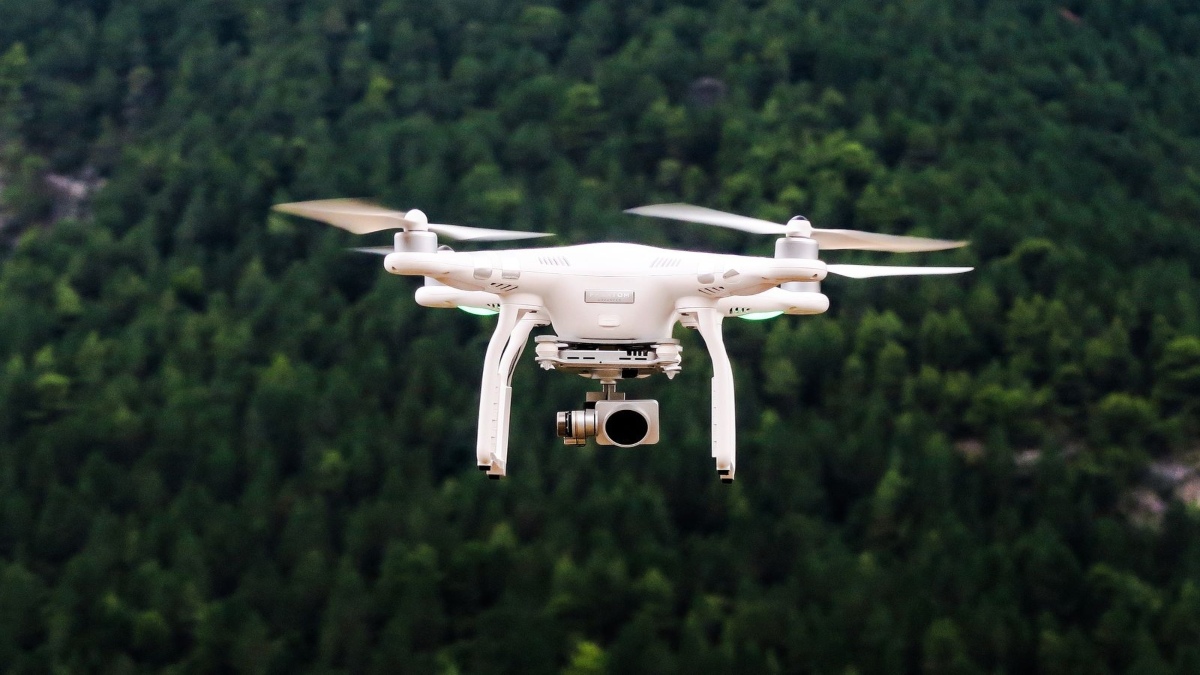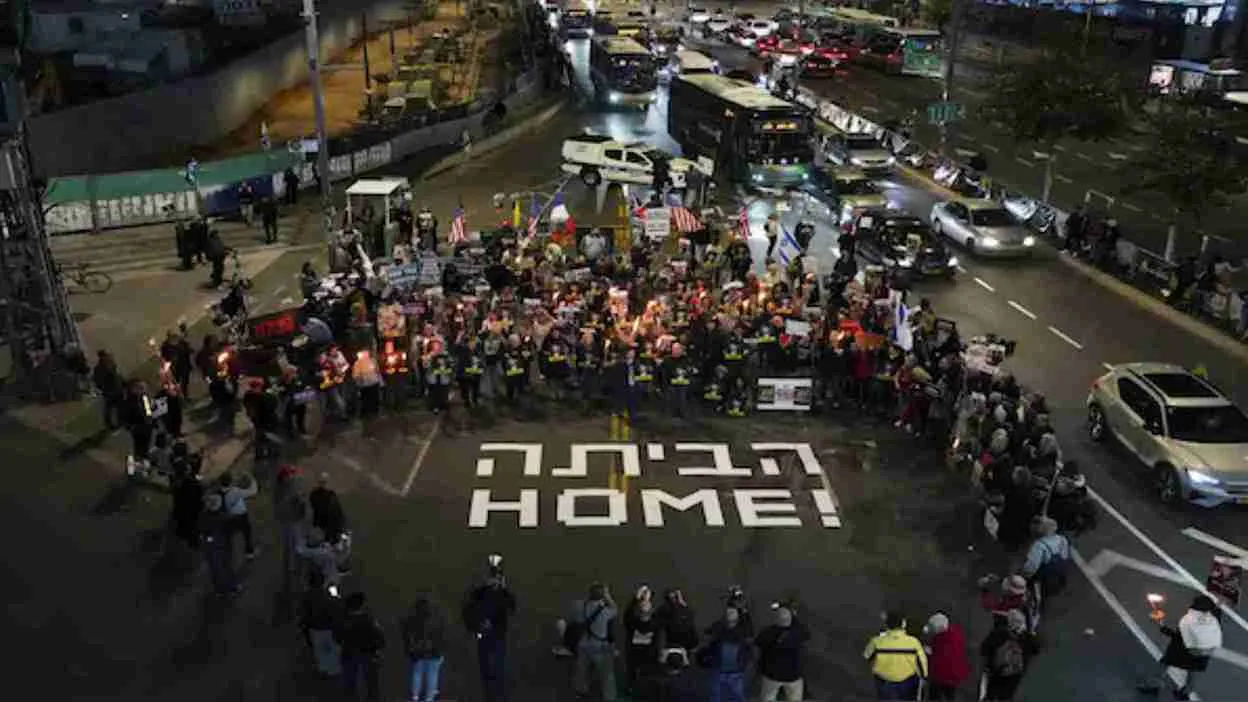India has put in place a traffic management system for Unmanned Aerial Systems (UAS) as the number of drones being used here for multiple purposes is all set to see a massive increase, according to an official statement on Tuesday.
This made it mandatory to safely manage the interplay between manned and unmanned aircraft, especially at low-level airspace where drones fly, for which the Union Aviation Ministry has now notified the “national UAS traffic management policy framework,” said the statement. This comes after the Central Government recently liberalised the drone regulations and notified a Production Linked Incentive (PLI) Scheme for drone and drone components.
These developments have boosted the morale of the Indian drone industry that now anticipates a mass adoption of drones across sectors. Director of Drone Federation of India Smit Shah said, “India is ready to witness a scenario where drones will be as prominent as birds in the sky with the adoption of drones picking up at a fast pace. Traditional traffic management services provided by ATCs for manned aircraft cannot be scaled for managing drone traffic which is expected to become at least 100 times higher since the traditional air traffic management is manual and requires human intervention.”
“This policy framework shall allow third-party service providers to deploy highly automated, algorithm-driven software services for managing drone traffic across the country,” added Shah. “The vision to conduct an outcome-based, time-bound UTM experiment as the key next step of the policy framework shall allow India to engage in a public-private partnership for developing safety and separation standards for drones and allow drone operations to scale up quickly in the country,” she added.























